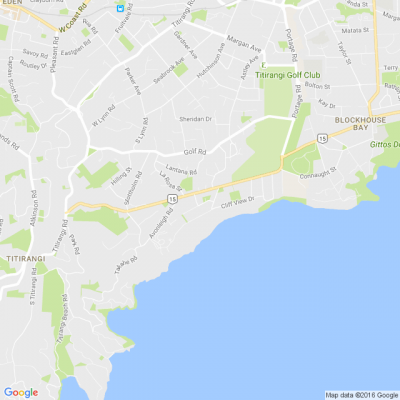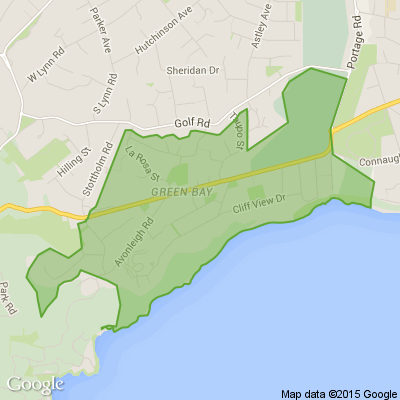Top male doctors earn up to $73,000 more than female colleagues
Exclusive new data has also uncovered alarming disparities in the number of women in specialised medical roles.
There are nearly 1200 more senior male doctors employed by the country's public hospitals compared to female, with women making up just a fraction of many highly paid medical positions. A gender breakdown of New Zealand senior doctors shows 3459 are male and 2276 are female. While more than half of the country's medical graduates are women, they only account for 6.5 per cent of orthopaedic surgeons. Experts say the findings are evidence of alarming gender bias in medicine and highlight how women are being undervalued by our health system, with detrimental impacts on patient care. National's health spokesman Shane Reti has slated DHBs for "unacceptable" and "inappropriate" gender-based behaviour. "This is a discussion that needs to be had across the whole system….DHBs need to explain their current gender imbalance and how they will address it," Reti said.
Doctors and health experts spoken to by the Weekend Herald described a "boys' club culture" pervading the New Zealand health system. They say the stark gender gap in medicine is just the "tip of the iceberg". Some female doctors had experienced ingrained sexist attitudes, such as being labelled "hormonal" or "aggressive" when voicing strong opinions. Others shared stories of surgeons asking junior doctors for sex in order to advance their careers, medical graduates routinely facing sexual harassment on the job and female doctors needing to undergo fertility treatment after delaying children to focus on medicine. Most women interviewed did not want to be identified out of fear of losing their jobs. Angela Lim, a medical doctor and chief executive of mental health social enterprise Clearhead, said being a woman in medicine meant smiling through comments at board meetings, such as when a patronising older man commented: "You speak really well, not just a pretty face." "I have to bite my tongue to not mention that I went to Harvard to complete my research sabbatical and have sat on more boards than he has," Lim said. Data obtained under the Official Information Act shows significant regional disparities, with Whanganui DHB recording the country's worst gender pay gap for senior doctors ($73,135), followed by Auckland DHB ($64,806). The national average was $26,000. Across all industries, the gap between Kiwi men's and women's hourly pay sits at about 9.5 per cent, according to Stats NZ figures. In specialised medicine, it's 12.5 per cent. That means while overall women get paid 91c to every $1 a man earns, in specialised medicine, it's 88c to $1. Only two of the country's 20 DHBs showed senior female doctors being paid more than their male colleagues. They were Tairāwhiti DHB, where women were paid $31,696 more, and Canterbury DHB, where women received an additional $316. Exclusive data showed that while surgery is the highest-paid medical profession, it has by far the lowest proportion of women. Despite the disparities, all but one of the country's 20 DHBs remain without a plan to tackle the problem. However, a senior doctors' union has launched an investigation into the scale of the gender pay gap at public hospitals, the Weekend Herald can reveal. Charlotte Chambers, principal analyst at Association of Salaried Medical Specialists (ASMS), said a pilot study, involving three DHBs, was auditing medical specialists' remuneration and analysing the salary scale each doctor started on, the qualifications they had when they started in that role, along with any additional remuneration and where they now sit on the salary scale. The union aims to roll the programme out nationally by the end of the year. "We are trying to get objective quantifiable indicators of qualifications etc...and on that basis, we will be looking to find out if there are gender differences, how did they manifest and what could be the reasons for those differences," Chambers, who is leading the investigation, said.
But she stressed the gender pay gap was just a small part of a much bigger problem. "All DHBs have given us acknowledgement that gender equality is an issue of concern and they have all signalled their intent to fix it."
Health Minister Andrew Little acknowledged the problem was wider than the pay gap and said work was under way to ensure growth of health leaders that were truly representative of the community they served. "It's important to ensure that the health sector accommodates people from a wide range of backgrounds and enables them to succeed in their careers, no matter what gender they identify with and what their personal aspirations are." Little said there was "no tolerance for sexual harassment within the health sector" and if any employee was being sexually harassed, he'd encourage them to report it immediately. "My expectation is that management and DHBs strive to create a supportive workplace culture for all personnel." There are currently 3459 male senior doctors in New Zealand, compared to only 2276 female doctors.
=======================================================

Poll: Should the government levy industries that contribute to financial hardship?
As reported in the Post, there’s a $30 million funding gap in financial mentoring. This has led to services closing and mentors stepping in unpaid just to keep helping people in need 🪙💰🪙
One proposed solution? Small levies on industries that profit from financial hardship — like banks, casinos, and similar companies.
So we want to hear what you think:
Should the government ask these industries to contribute?

-
58.4% Yes, supporting people is important!
-
25.8% No, individuals should take responsibility
-
15.8% ... It is complicated
A Neighbourly Riddle! Don’t Overthink It… Or Do?😜
Do you think you know the answer? Simply 'Like' this post if you know the answer and the big reveal will be posted in the comments at 2pm on the day!
If you multiply this number by any other number, the answer will always be the same. What number is this?

Poll: As a customer, what do you think about automation?
The Press investigates the growing reliance on your unpaid labour.
Automation (or the “unpaid shift”) is often described as efficient ... but it tends to benefit employers more than consumers.
We want to know: What do you think about automation?
Are you for, or against?

-
9.7% For. Self-service is less frustrating and convenient.
-
43.2% I want to be able to choose.
-
47.1% Against. I want to deal with people.







 Loading…
Loading…